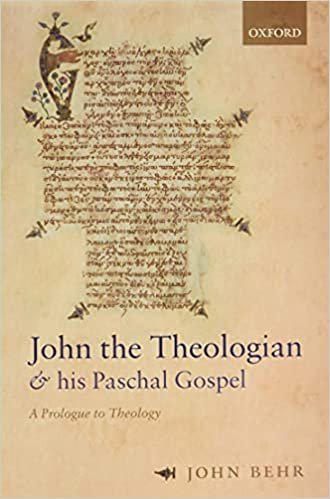Reading is an essential task to develop as a leader. I choose to regularly expose myself to a wide range of reading (mostly theological) to sharpen my skills as I seek to follow closely to Jesus. Many works “on my shelf” represent a wide range of viewpoints. As I have learned (and am learning), there is benefit from “chewing the meat and spitting out the bones,” or, as we learned in seminary, “plundering the Egyptians,” that is, take what conforms to Christian teaching and dispense with what does not.
As I read, I read from the foundation that the Bible is inspired, inerrant, totally true, and trustworthy Word of God. While the books I read play a role in my development, they are no substitute for Scripture. I read from the confessional framework of the Baptist Faith and Message (2000).
Veteran Old Testament teacher Mark Gignilliat explores the theological and hermeneutical instincts that are necessary for reading, understanding, and communicating Scripture faithfully. He takes seriously the gains of historical criticism while insisting that the Bible must be interpreted as Christian Scripture, offering students a "third way" that assigns proper proportion to both historical and theological concerns. Reading and engaging Scripture requires not only historical tools, Gignilliat says, but also recognition of the living God's promised presence through the Bible. (From Publishers Description)
HIGHLY RECOMMEND
For almost two decades, Yale students have competed for admission each year to the "Studies in Grand Strategy" seminar taught by John Lewis Gaddis, Paul Kennedy, and Charles Hill. Its purpose has been to prepare future leaders for responsibilities they will face, through lessons drawn from history and the classics. Now Gaddis has distilled that teaching into a succinct, sharp and potentially transformational book, surveying statecraft from the ancient Greeks to Franklin D. Roosevelt and beyond. An unforgettable guide to the art of leadership, On Grand Strategy is, in every way, its own master class. (Publisher’s Description)
Wilken’s treatment of the history of the church is a must for anyone desiring a compelling understanding of the first thousand years of Christianity. This is more than a history book, this is the story of how God through his gospel shaped the world.
The “second” book in the Narnia Series by Lewis.
This study brings three different kinds of readers of the Gospel of John together with the theological goal of understanding what is meant by Incarnation and how it relates to Pascha, the Passion of Christ, how this is conceived of as revelation, and how we speak of it. The first group of readers are the Christian writers from the early centuries, some of whom (such as Irenaeus of Lyons) stood in direct continuity, through Polycarp of Smyrna, with John himself. In exploring these writers, John Behr offers a glimpse of the figure of John and the celebration of Pascha, which held to
have started with him. (From Publisher)
Why is God love? Because God is a Trinity.
Why can we be saved? Because God is a Trinity.
How are we able to live the Christian life? Through the Trinity.
In this lively book, we find an introduction to Christianity and the Christian life that is from start to finish rooted in our triune God―Father, Son and Spirit. Not only do we understand the person and work of Christ through the Trinity, but also prayer, the church and every aspect of our faith.
With wit and clarity, Reeves draws from church history down to the present referencing a wide range of notable teachers and preachers. Here is a rich and enjoyable portrayal of the basic beliefs of Christianity that opens up the profound and life-changing truths of our faith.
This book is important for our current, Starkville Institute Series






